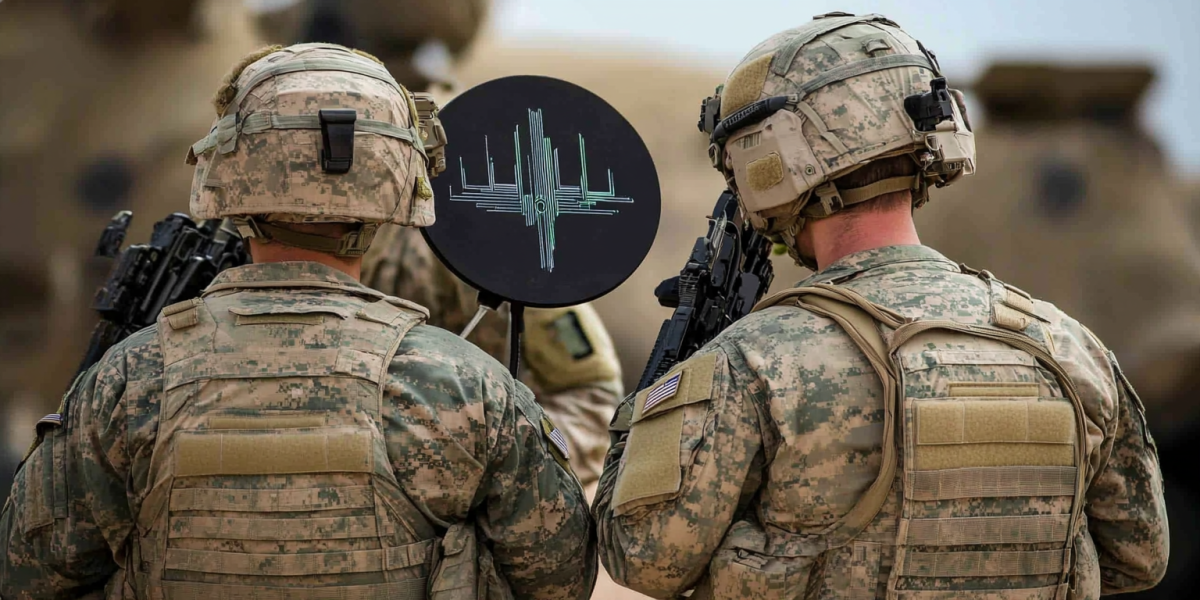EchoStar’s Hughes Network Systems recently secured a $6.5 million contract to deploy a 5G Open Radio Access Network (ORAN) prototype at Fort Bliss in El Paso, Texas, marking a significant milestone in military communications technology. This deployment, a collaboration between EchoStar, the U.S. Army, and the Department of Defense (DoD), aims to integrate a Radio Access Network Intelligent Controller (RIC) as a testing platform for various software applications crucial to military networks. Initially, the ORAN prototype will function as a temporary network for thorough evaluations before transitioning to provide long-term support for both military and commercial customers in the region. This initiative, in compliance with the National Defense Authorization Act requirements for the fiscal year 2024, underscores the potential of 5G ORAN technology to revolutionize how military and commercial networks operate.
Hughes Network Systems will be the prime contractor for this ambitious project, leveraging ORAN infrastructure, engineering, and 5G spectrum from Boost Mobile, another entity under EchoStar. One of the critical aspects of this deployment is assessing the RIC’s capability to swiftly alter spectrum at the 5G control node, which is essential for resilient communications in dynamic and mobile command scenarios. With the U.S. Army and DoD actively participating, EchoStar’s Fort Bliss initiative serves multiple purposes, including testing new Open RAN RIC tactical applications and developing implementation strategies for other military sites. Additionally, a training site for both civilian and military personnel will be established to further assess policies and network architecture standards, utilizing commercially interchangeable and vendor-agnostic solutions to enhance the Army’s Unified Network.
Advancing Military Communications
EchoStar’s focus on advancing military communications is clearly illustrated by the Fort Bliss deployment, which also aligns with prior successful projects, such as the 5G ORAN deployment at Naval Air Station Whidbey Island (NASWI). This earlier deployment demonstrated significant improvements in aircraft readiness by enabling real-time communication across the flight line, showcasing the transformative potential of 5G technology in military applications. The Fort Bliss project is expected to contribute substantially to the DoD’s next-generation communications network, empowering innovative applications and enhancing network performance for governmental and commercial use alike.
Dan Rasmussen, Senior Vice President of Hughes Network Systems, highlighted the importance of this contract in progressing the DoD’s efforts in modernizing military networks and expressed enthusiasm for partnering with the U.S. Army to explore specific military use cases. The deployment at Fort Bliss will not only reinforce network performance but also set the stage for further exploration of RIC capabilities, thereby supporting military operations with more robust and adaptable communication solutions.
Meeting Diverse Network Demands
The EchoStar initiative at Fort Bliss will serve as a critical testing ground for new Open RAN RIC tactical applications, strategies for implementation across other military installations, and the creation of a training site for both civilian and military personnel. This initiative will further evaluate policies and network architecture standards that leverage commercially interchangeable and vendor-agnostic solutions, thus optimizing the Army’s Unified Network. By incorporating ORAN infrastructure and engineering, Hughes Network Systems aims to address the diverse network demands of military operations, ensuring resilient and flexible communication capabilities.
A key focus of the Fort Bliss project is evaluating the RIC’s ability to rapidly modify spectrum at the 5G control node, a vital feature for resilient communications in mobile command scenarios. This adaptability is crucial for military networks that must operate under varying and often extreme conditions. With the inclusion of 5G spectrum from Boost Mobile, the initiative underscores EchoStar’s commitment to leveraging cutting-edge technology to meet the unique requirements of military and commercial customers in the region.
The Path Ahead
EchoStar’s Hughes Network Systems has landed a $6.5 million contract to set up a 5G Open Radio Access Network (ORAN) prototype at Fort Bliss in El Paso, Texas. This marks a major advance in military communications tech. The project, a collaboration between EchoStar, the U.S. Army, and the Department of Defense (DoD), aims to incorporate a Radio Access Network Intelligent Controller (RIC) to test various vital software applications for military networks. Initially, the ORAN prototype will serve as a temporary network for evaluations before transitioning to long-term support for military and commercial customers in the area. This initiative complies with the National Defense Authorization Act for the fiscal year 2024 and highlights 5G ORAN’s potential to transform military and commercial network operations.
Hughes Network Systems will spearhead the project, utilizing ORAN infrastructure, engineering, and 5G spectrum from Boost Mobile, also owned by EchoStar. A key focus of the deployment is evaluating the RIC’s ability to rapidly adjust spectrum at the 5G control node, crucial for reliable communications in fluid command scenarios. With active participation from the U.S. Army and the DoD, the initiative aims to test new Open RAN RIC tactical applications and create strategies for future military sites. Additionally, a training center for civilian and military personnel will be established to further study policies and network architecture standards, using commercially interchangeable, vendor-neutral solutions to enhance the Army’s Unified Network.

